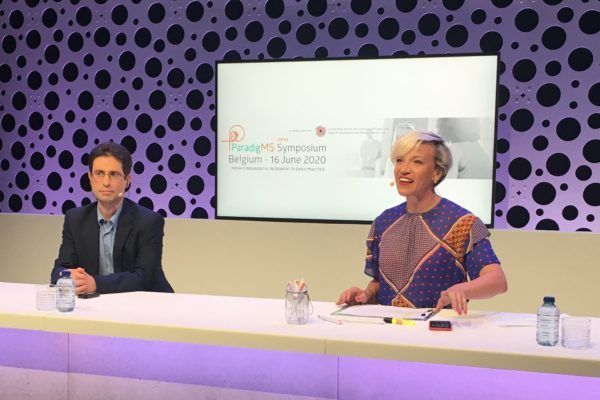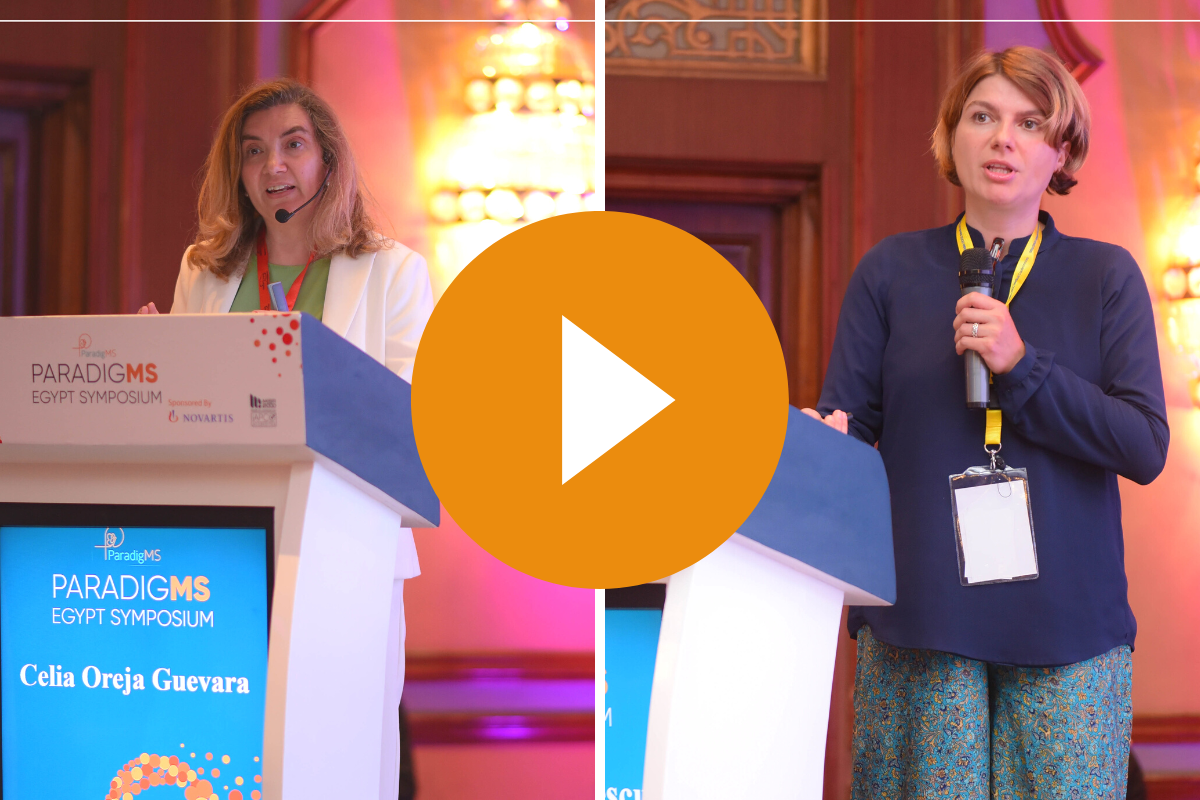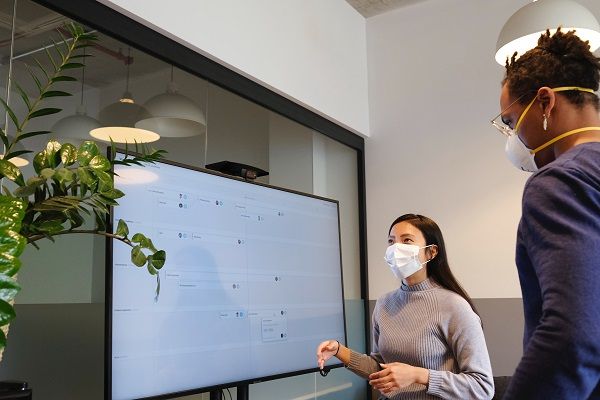Neuromyelitis Optica
ABSTRACT
Key take aways from this presentation on NMO and MS:
- Rapidly evolving field, clinically/scientifically
- Complex but reliable diagnostic criteria
- Studies difficult (logistics, ethics, methodology): high likelihood to fail
- High unmet need
- Very close to “translation”
- Major implications for understanding of more common disease multiple sclerosis
AUTHORS
PATRICK VERMERSCH
Patrick Vermersch studied medicine at Lille University Hospital (France), where he graduated in Neurology. Between 1990 and 1994 he pursued his training in basic research fields, mainly in cellular biology, obtaining a PhD addressing biochemical abnormalities associated with Alzheimer’s and other neurodegenerative diseases. He also conducted research related to the characterization of post-transcriptional anomalies of tau proteins. His research interests then turned to multiple sclerosis (MS).
Prof. Patrick Vermersch is head of one of the University of Lille’s departments of Neurology which deals with MS and other neuroinflammatory diseases. The department is primarily concerned with neuroimmunology and markers of disease evolution.
Prof. Patrick Vermersch is currently vice-president of research in the fields of Life and Health Sciences at the University of Lille. In 2000, he and colleagues created the first MS network in northern France to improve MS care and research. His current areas of interest are prognostic markers in MS and neuroimmunology in general. He participates in many treatment protocols for MS. He has authored or co-authored approximately 380 scientific papers. His H-index (Web of Science) is 54.
ANDREW CHAN
Andrew Chan is Head of the Medical Division Neuro, Inselspital, University Hospital of Bern. After studying medicine and obtaining a doctorate at the University of Hamburg, Professor Chan completed his specialist training at the University of Würzburg and continued his professional development as Senior Physician at the Universities of Göttingen and Bochum.
Professor Chan has published widely in the field of MS, including papers on molecular markers of disease progression and risk of immunotherapy, treatment optimisation and patient monitoring. He has been the Principal Investigator for several clinical studies in MS. He has also been involved in the development of national treatment guidelines.
Professor Chan serves as board member for several societies, as associate editor for the European journal of neurology and as reviewer for different journals and research organizations.
CELIA OREJA-GUEVARA
Celia Oreja-Guevara is Vice Chair of Neurology and Head of Multiple Sclerosis Center at the University Hospital San Carlos, Madrid and Professor of Neurology at the University Complutense, Madrid, Spain.
After receiving her MD from the University Complutense, Madrid, Professor Oreja-Guevara completed a PhD in neuroimmunology at the Max-Planck-Institute for Neurobiology, University of Munich, Munich (Germany). She then went on to complete a residency in the Department of Neurology at the University of Bochum, Bochum (Germany) and a postdoctoral fellowship in neuroimaging at the University Hospital San Raffaele, Milan (Italy). She has also held posts at the University of Düsseldorf (Germany),Hospital de Fuenlabrada and at the University Hospital La Paz, both in Madrid.
Professor Oreja-Guevara’s research interests centre on clinical and neuroimaging correlations in MS and the use of optical coherence tomography. Neuromyelitis Optica (NMO) is among her other therapy areas of interest, and Professor Oreja-Guevara is actively involved in the evaluation of new drugs for the treatment of MS and NMO. As an investigator, she has participated in a number of MS clinical trials and currently heads the Neuroimaging Group of the Spanish Neurological Society, and she is a member of the Scientific Committee of the European Academy of Neurology. Currently, Professor Oreja-Guevara is an expert for the Spanish Medicines Agency and for the Scientific Advisory Group on Neurology of the European Medicines Agency.





